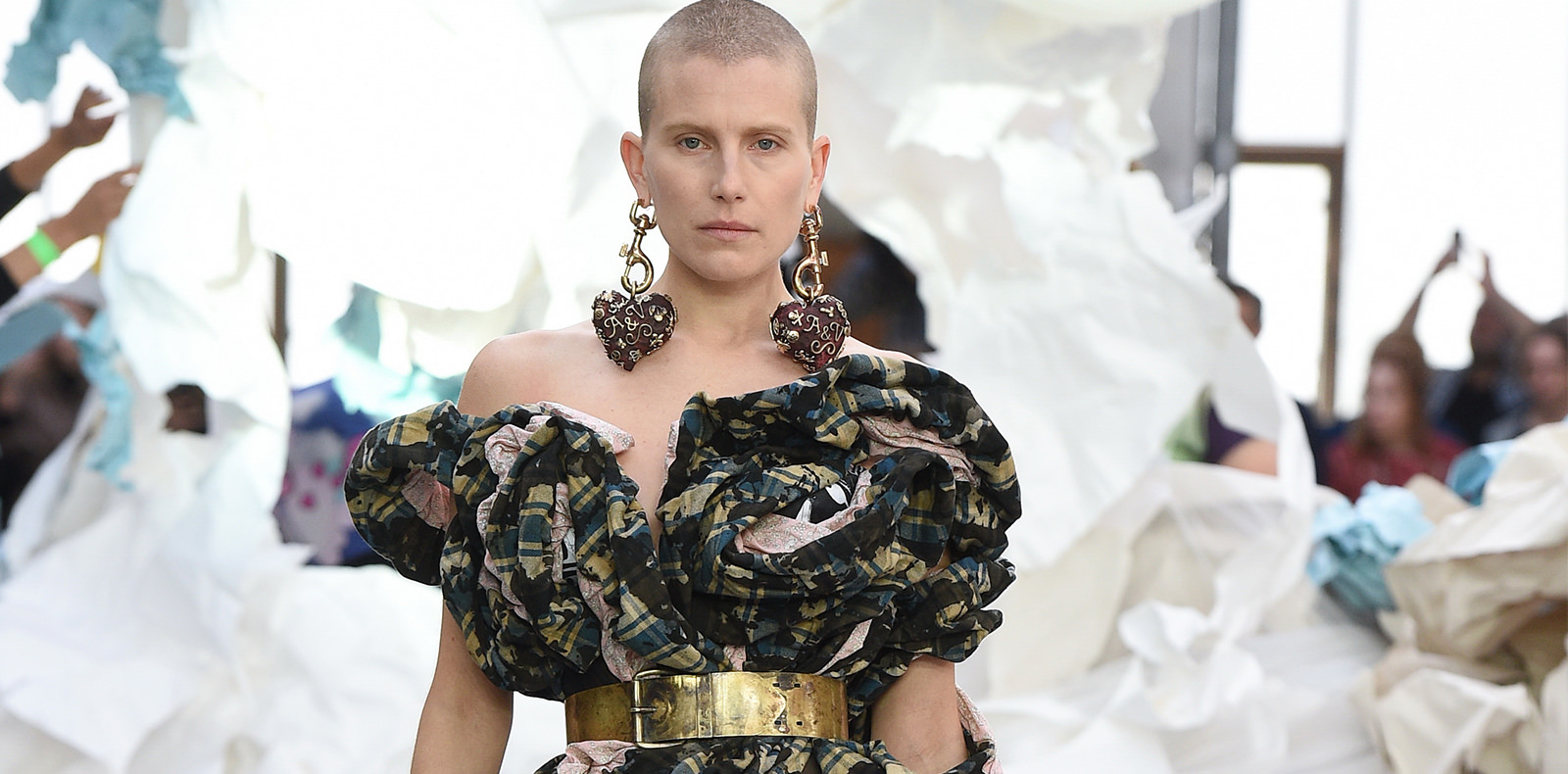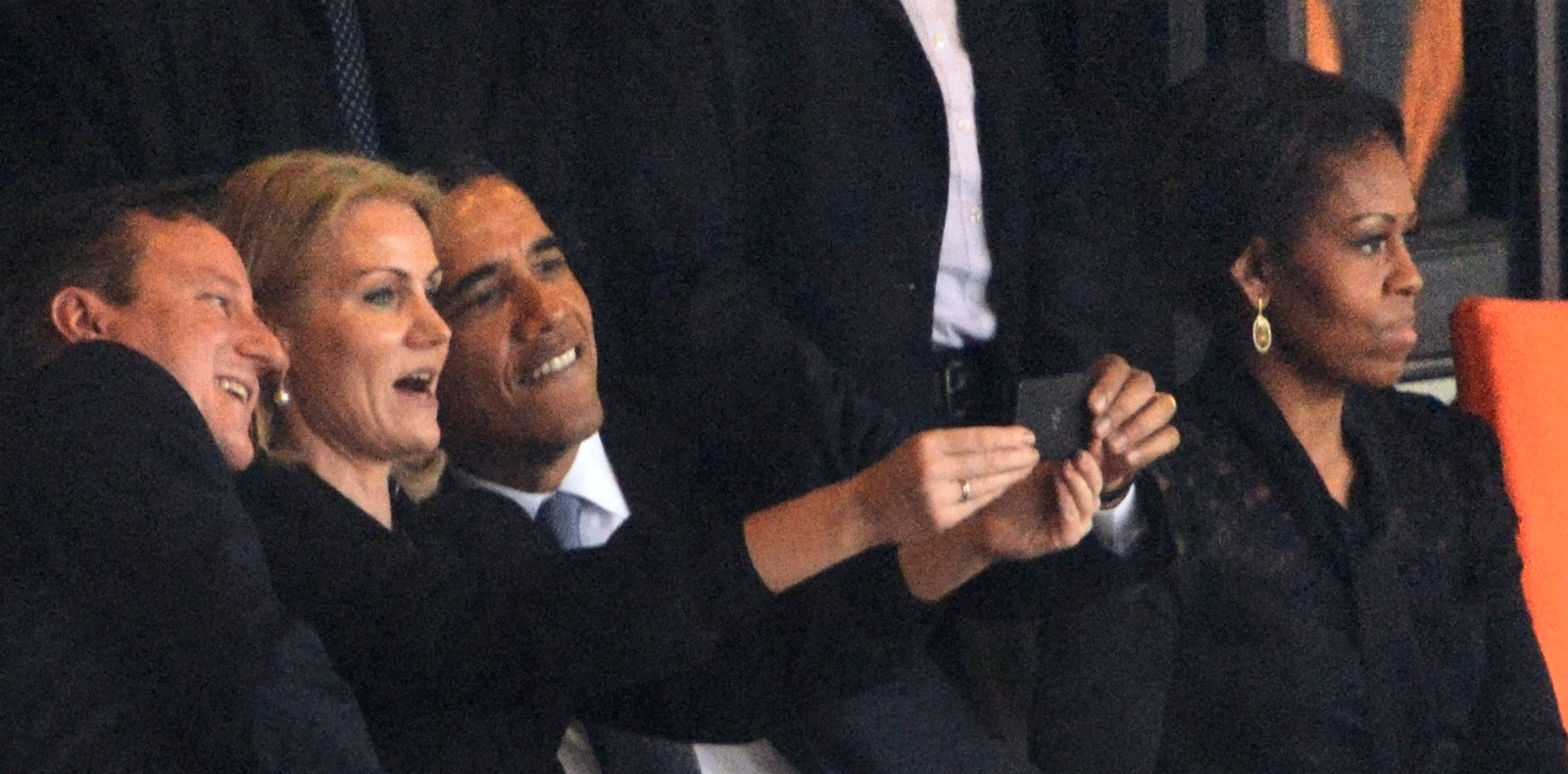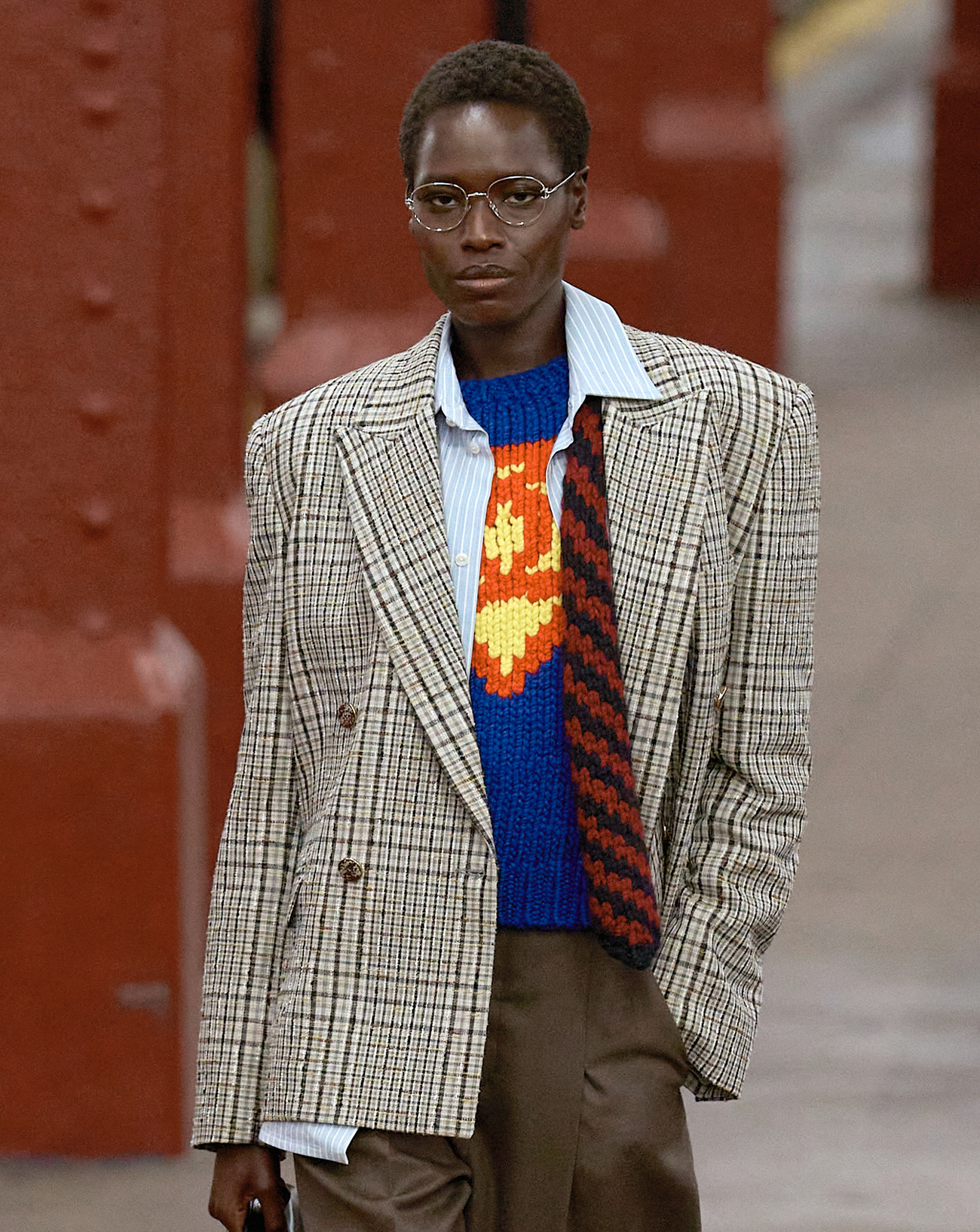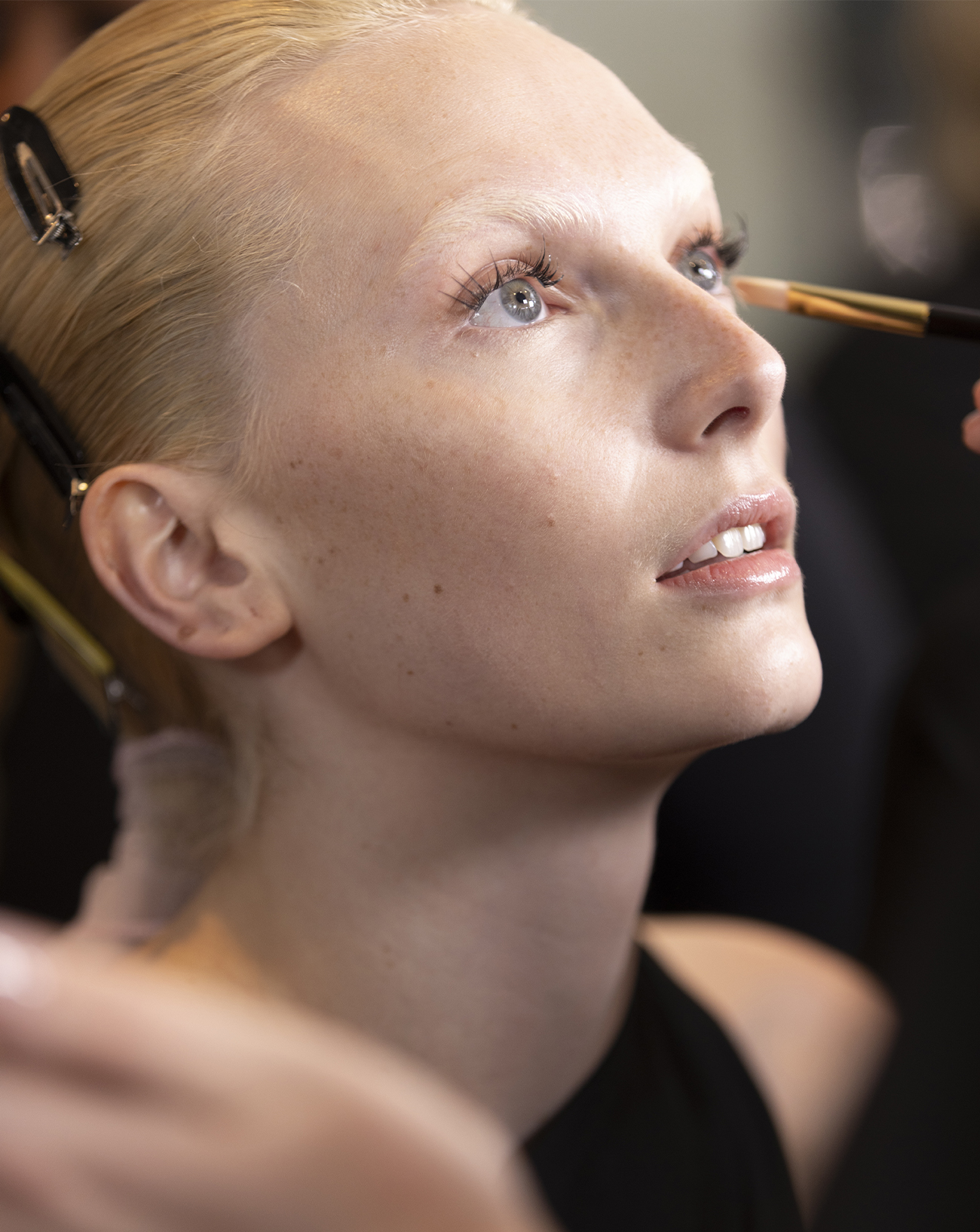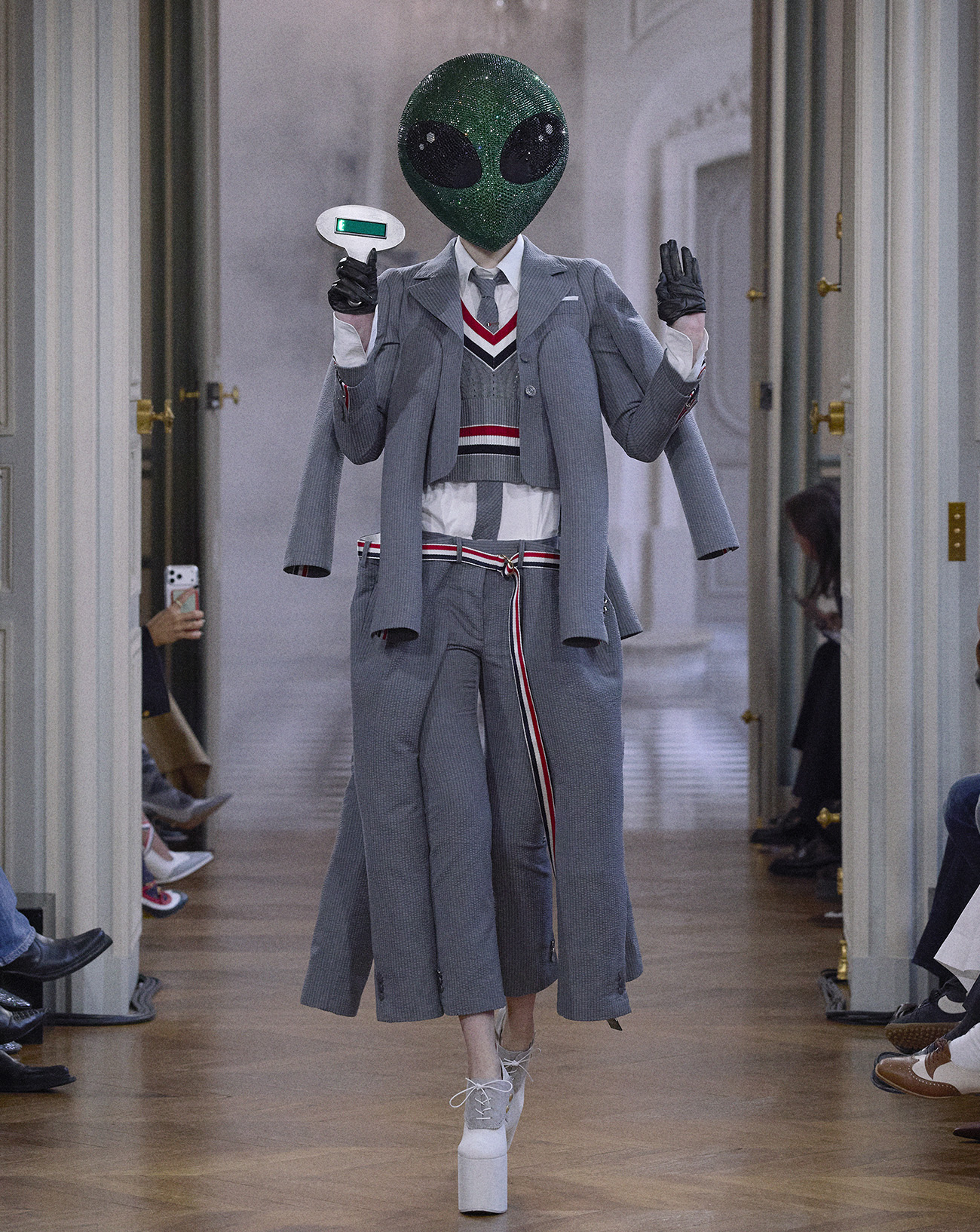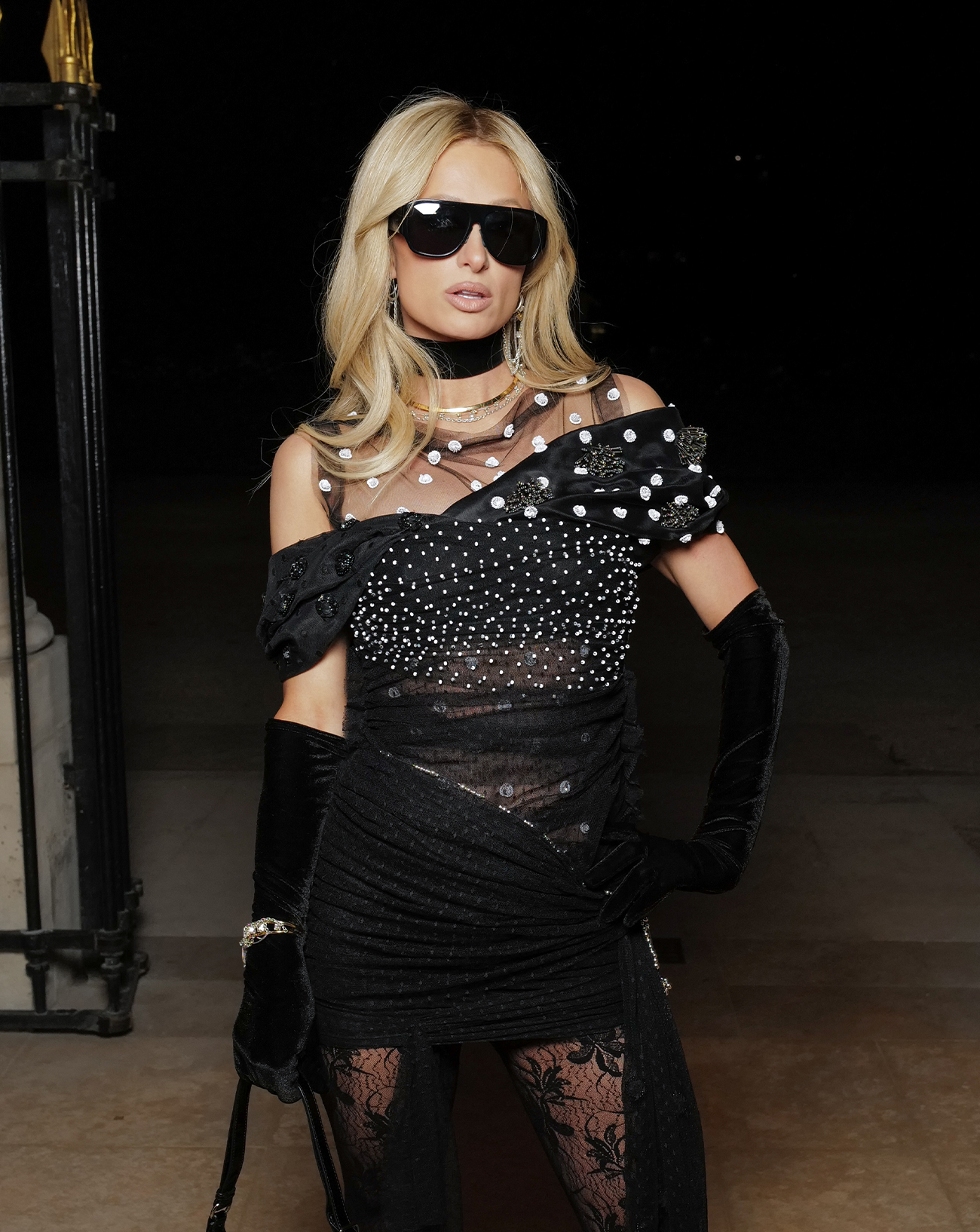
27
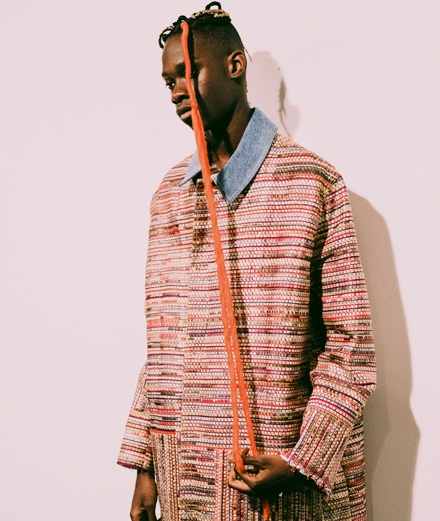
27
Ethical Fashion series: Bethany Williams
Following in the wake of the legendary Vivienne Westwood, a young generation of designers is reinventing fashion through the prism of ecological and ethical values, putting the accent on craftsmanship, upcycling or new methods of sustainable production. “Numéro” shines the spotlight on five environmentally conscious pioneers. For this fourth article, discover Bethany Williams.
By Delphine Roche.
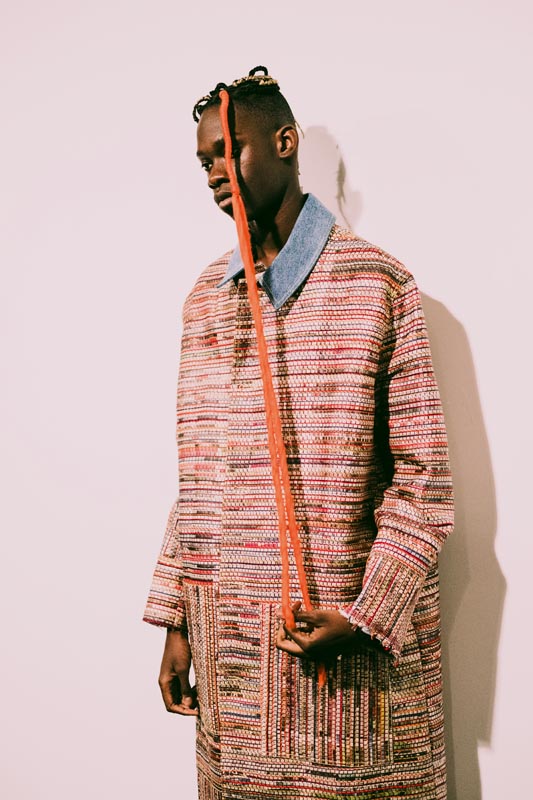
Fashion and textiles have surrounded her since her childhood, and yet Bethany Williams long shied away from a career as a designer. “I was too conscious of the quantity of waste and pollution created by the textile industry,” explains the young British creator. So she first tried her hand at fine art, before giving in to her love of clothes by showing her first collection as part of her art practice. This led inevitably to the London College of Fashion, where her 2016 diploma collection was much remarked upon in the British and international press. It sent out a powerful statement and, inspired by the philosopher Jacques Rancière, sought to promote societal change through fashion.
As developed in this first collection, Williams’s system of production combines recycling and social aid: to help fight hunger in the U.K., Williams invented an exchange circuit between the Vauxhall Foodbank and the supermarket chain Tesco, swapping fresh fruit and vegetables for unsold stocks of clothing. And it was with these garments that Williams made her first collection, in 100 % recycled fabric. “Afterwards, I also made new materials by working with all the waste from a social rehabilitation centre that produces wine, cheese, textiles and even electrical goods,” she explains. “I work on each collection in partnership with a charity, to which I give 20% of the profits.”
“The big difference with previous generations, who swore only by constant growth, is that I really don’t see the need to increase my production volume.”
Williams’s unique approach, which combines social conscience with respect for the environment, impressed the jury of the LVMH prize, which has chosen her as one of the eight 2019 finalists. No doubt the jury asked her the bottom-line question: how do you create a viable business model on the basis of collections that are 100% handmade by craftsmen in entirely recycled materials without the imperative to turn a profit getting in the way of your convictions? “I already have a large number of sales points, so my model has proved its viability,” continues Williams. “The big difference with previous generations, who swore only by constant growth, is that I really don’t see the need to increase my production volume. There are other ways of generating profit, without necessarily making more pieces.”
In this one sentence, Williams crystallizes the whole spirit of a new generation of designers who refuse to be seduced by the archetypes and stereotypes of social success, preferring not to sell their souls so as to keep as close as possible to their deepest convictions. “It is indeed partly a generational way of thinking,” she agrees. “And for a good reason: fast fashion has only existed for about 20 years or so – my mother’s generation and my grandmother’s were not born with this tentacular system of rapid production which has caused so much damage to the planet. For me, it’s impossible to create fashion without thinking about the effects of production: there absolutely has to be a second level. Beyond aesthetics, you have to do something good for people and the environment. Moreover, if I win the LVMH prize, I’ll found my own factory in England with a training programme to create jobs.”







